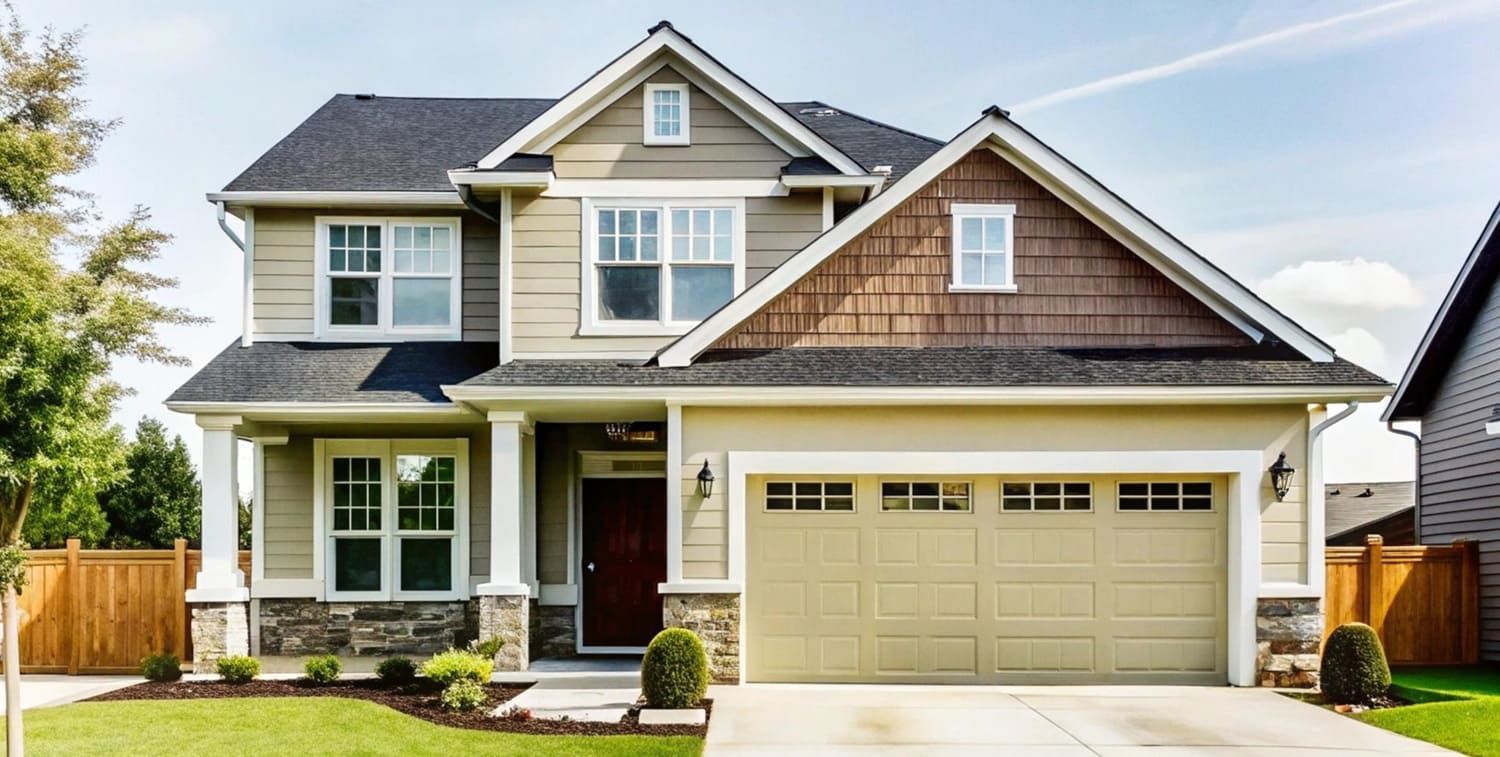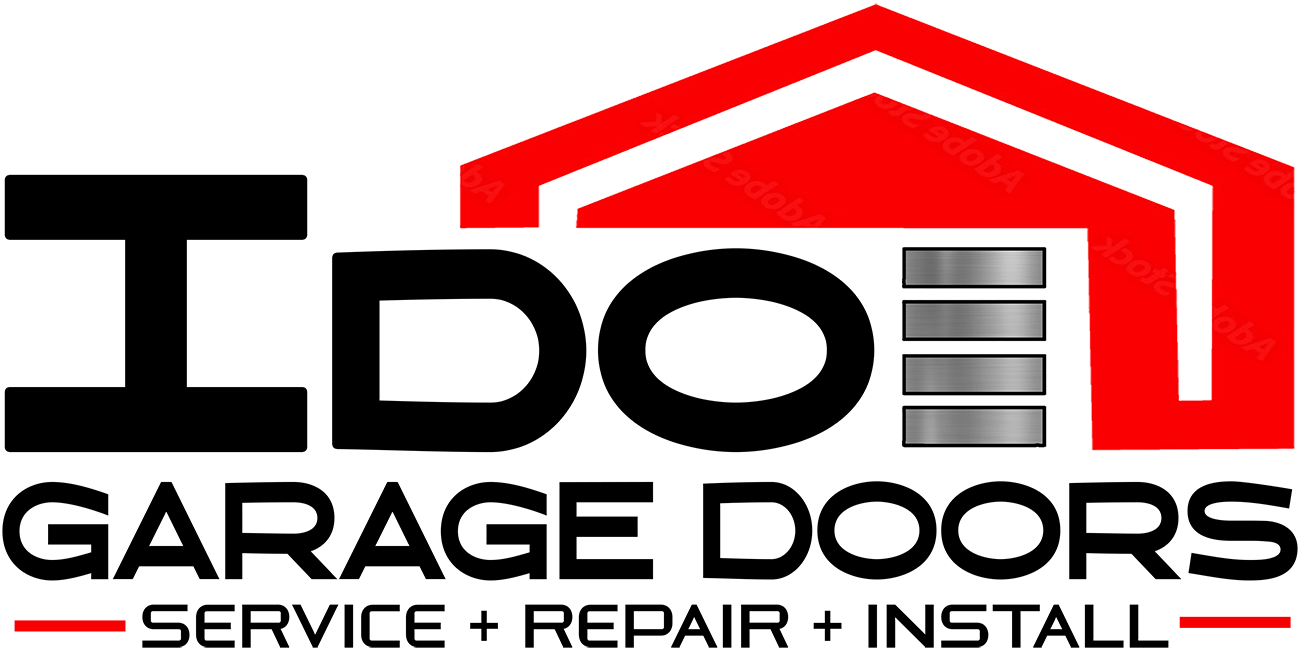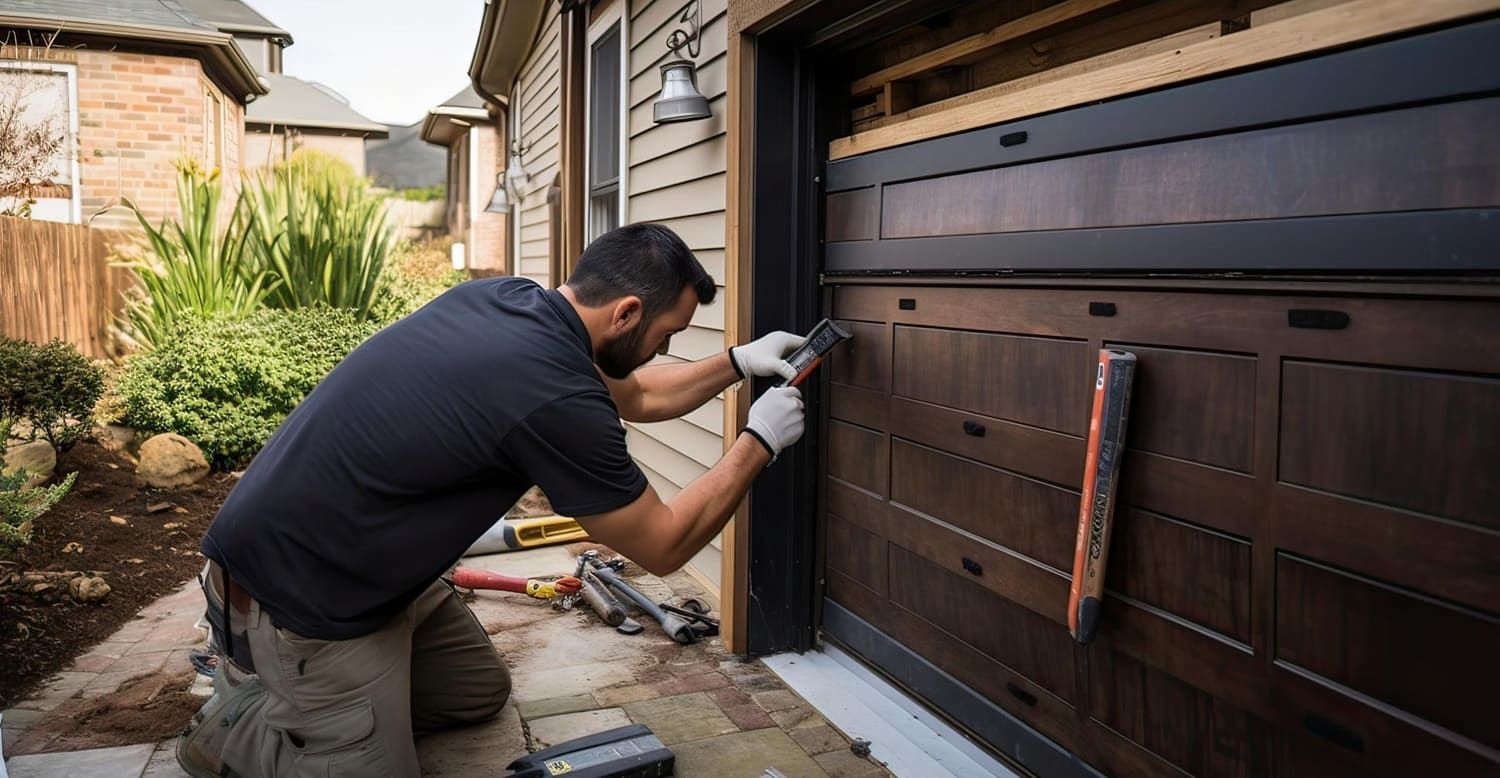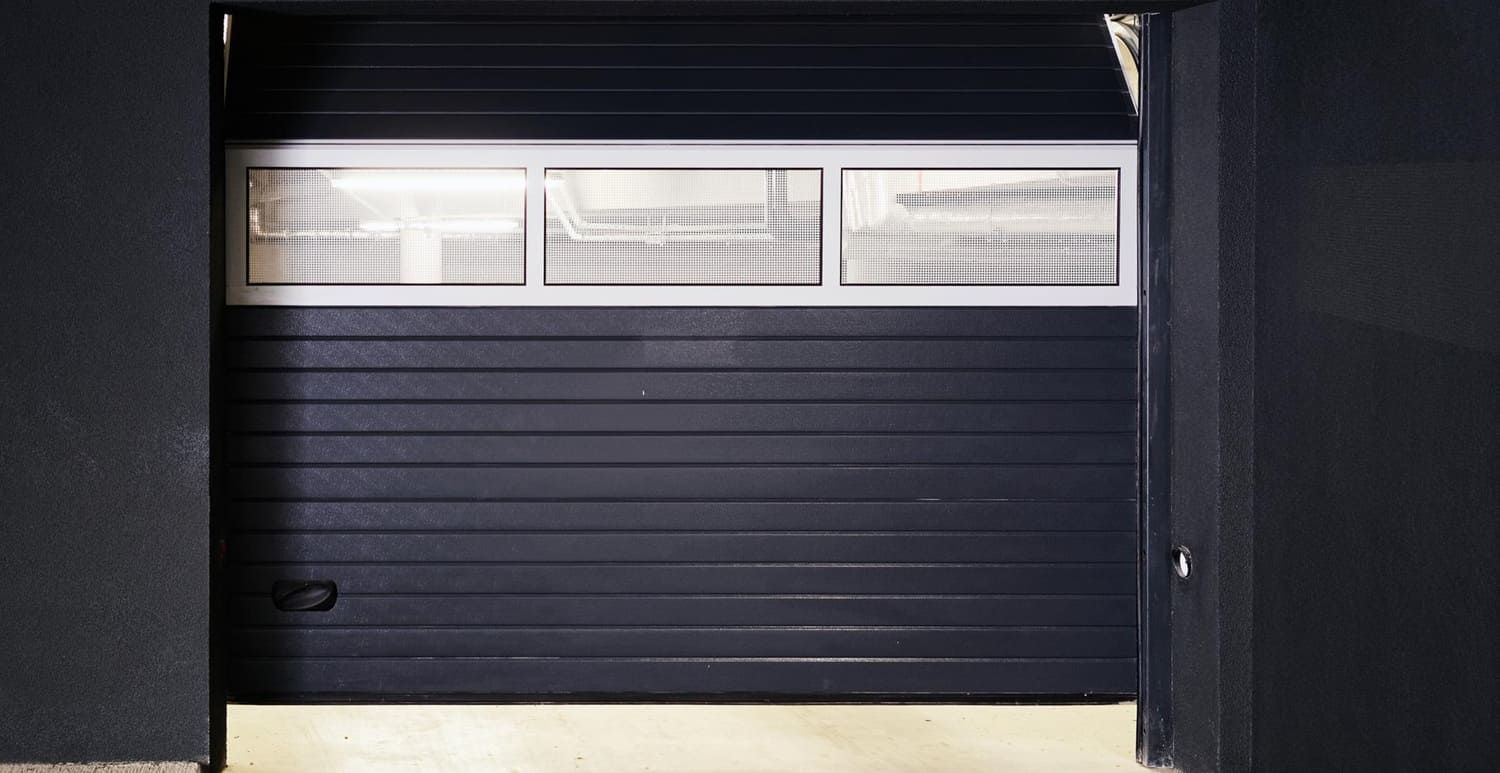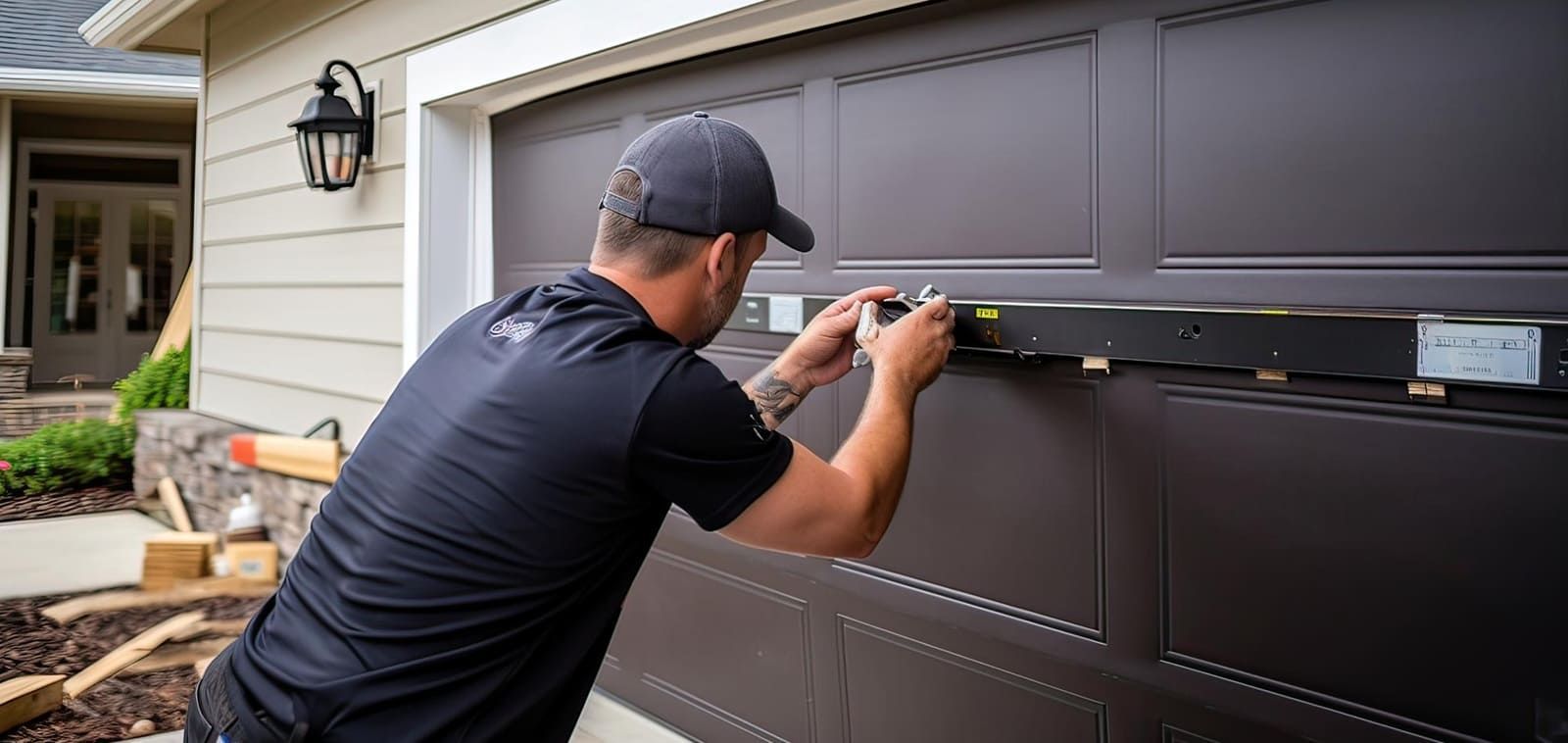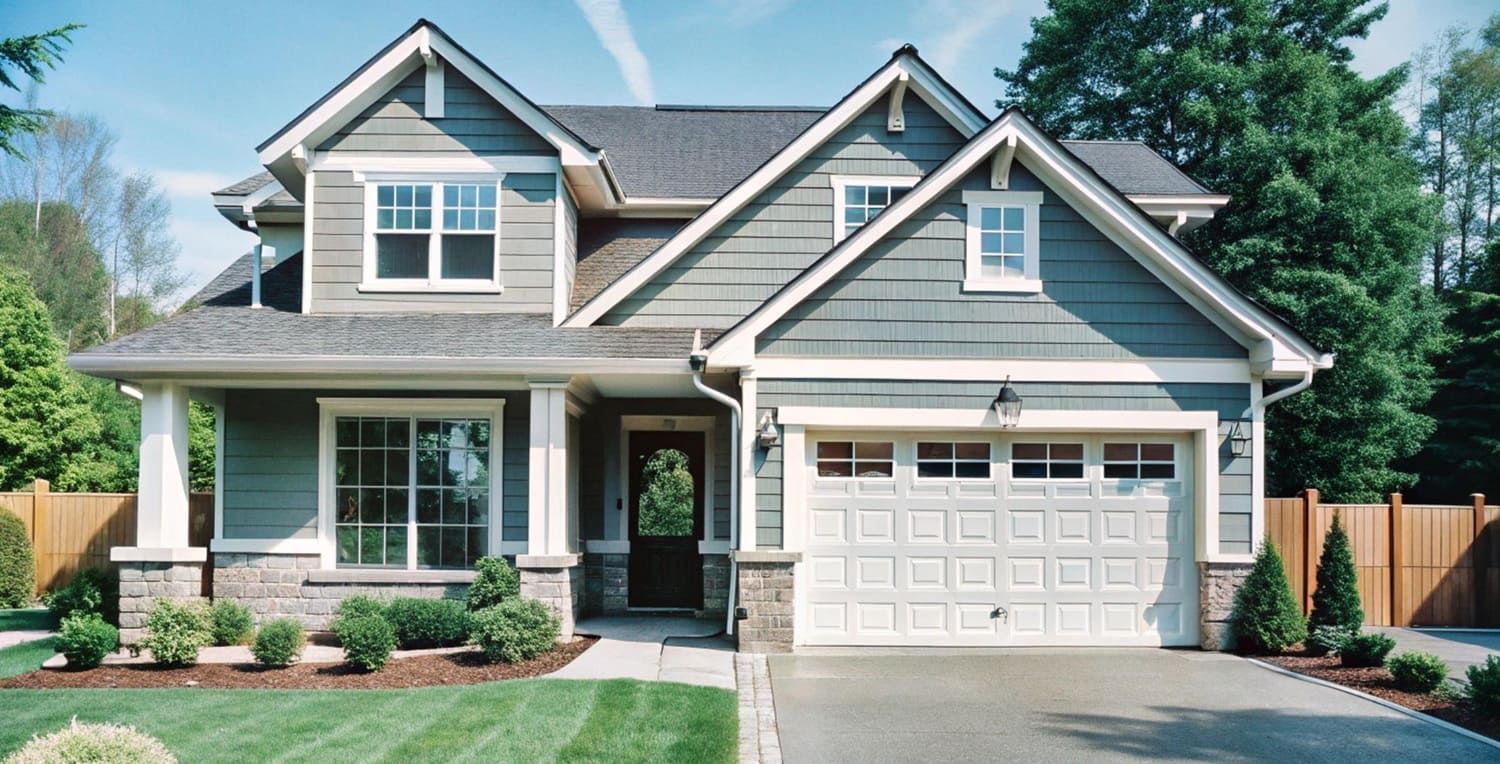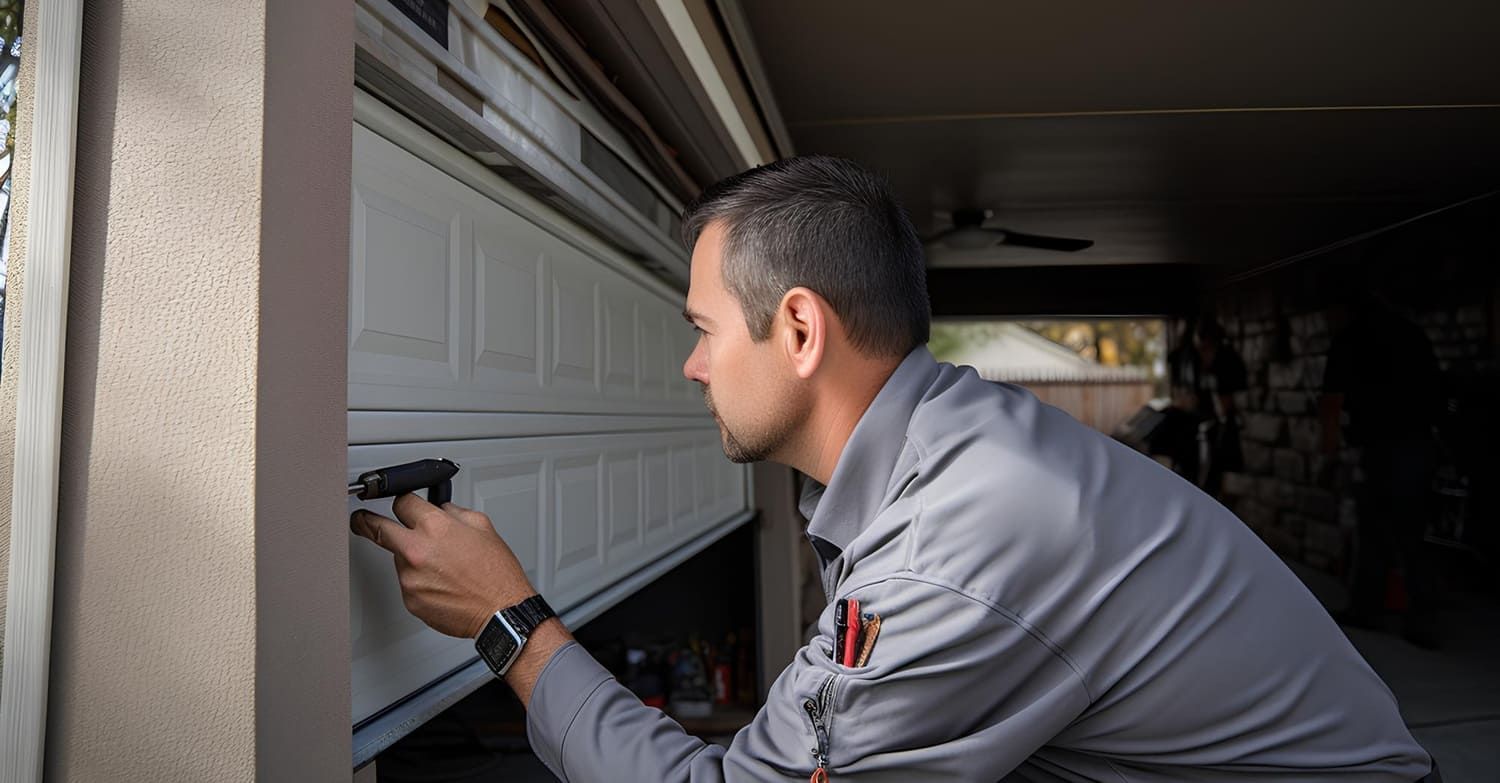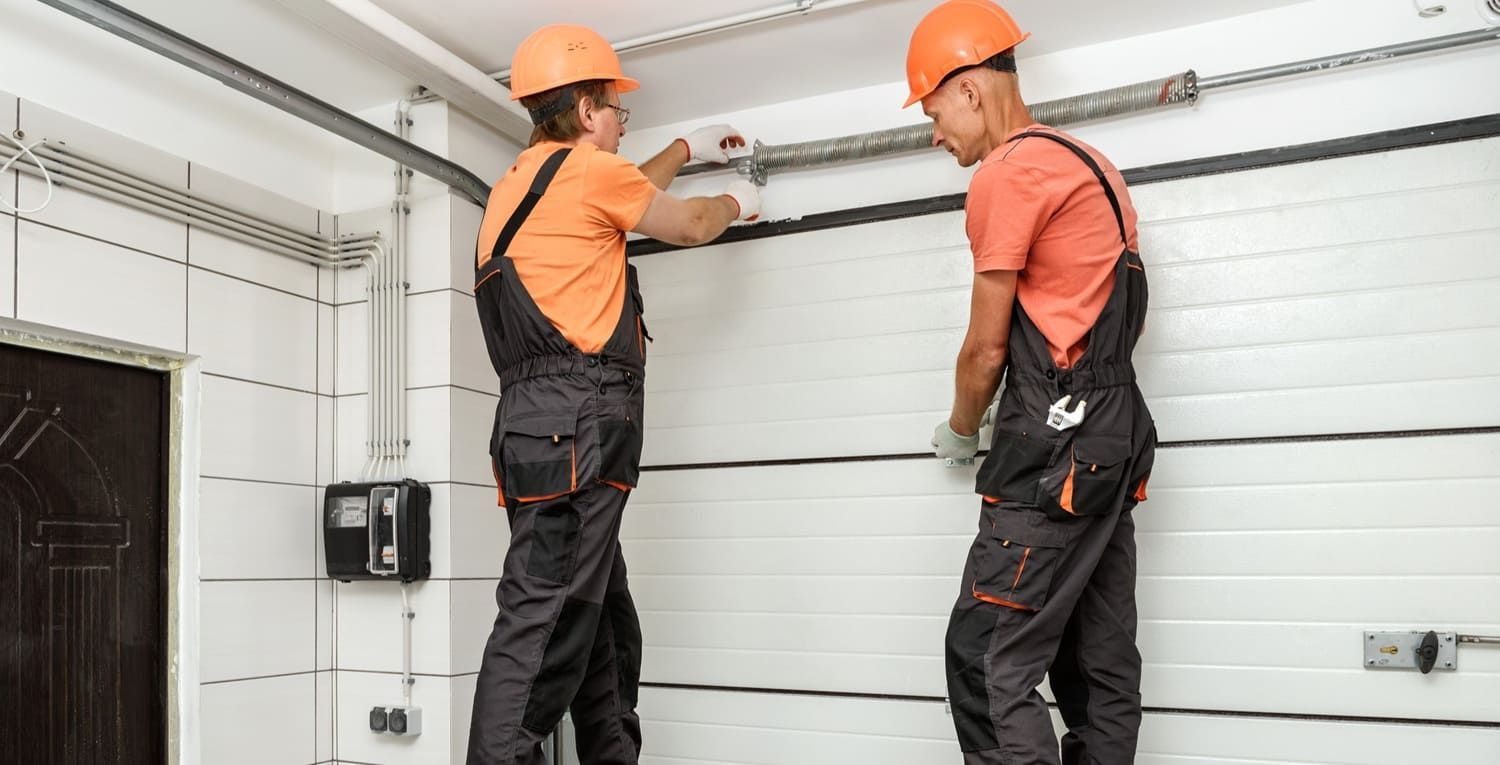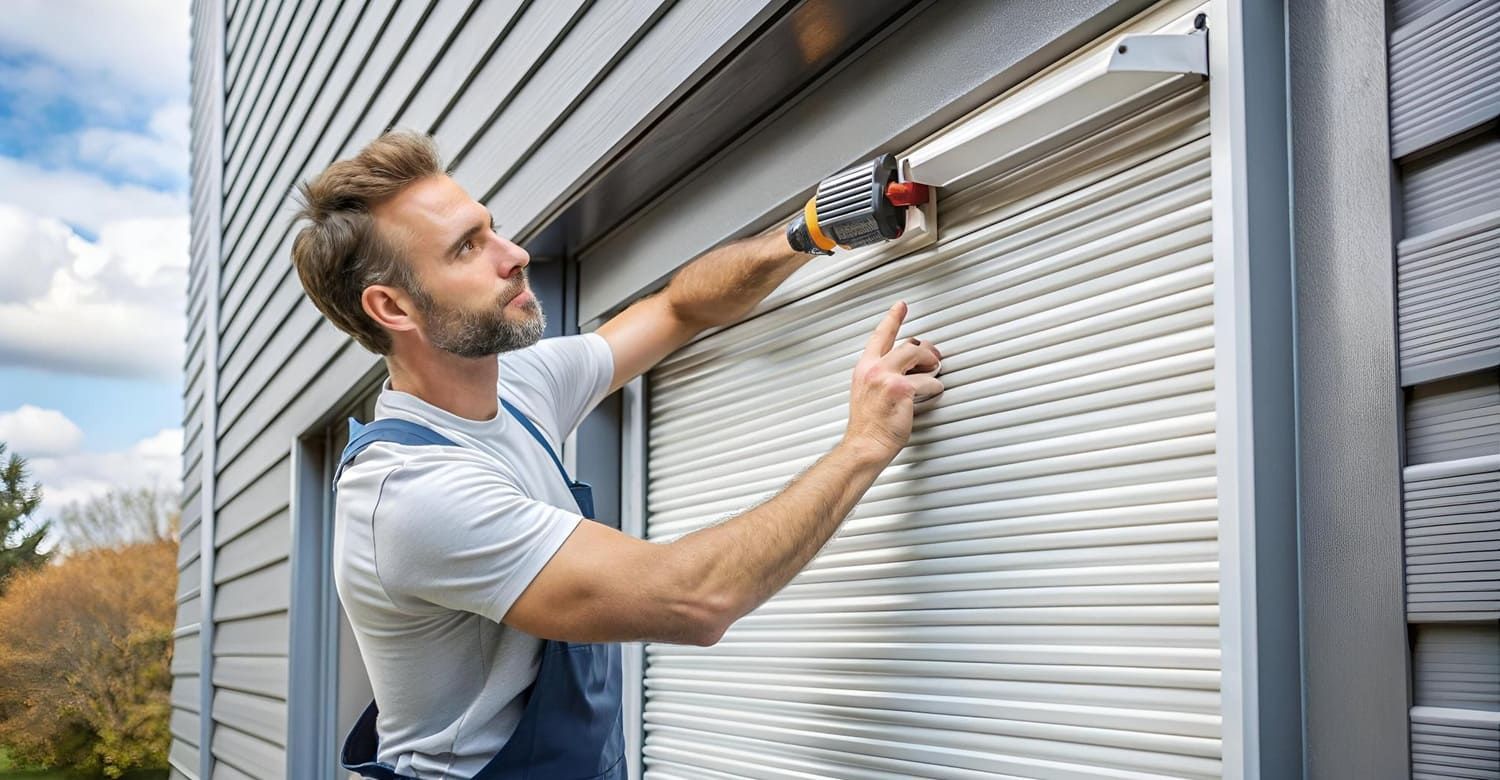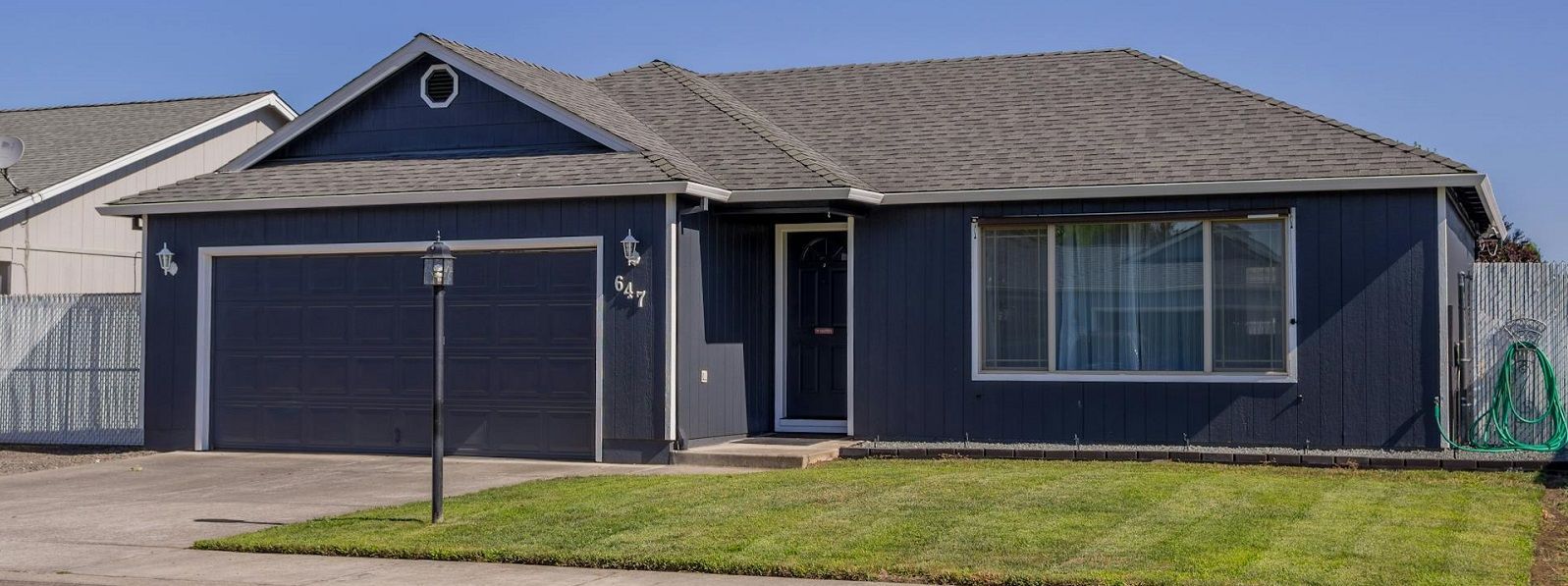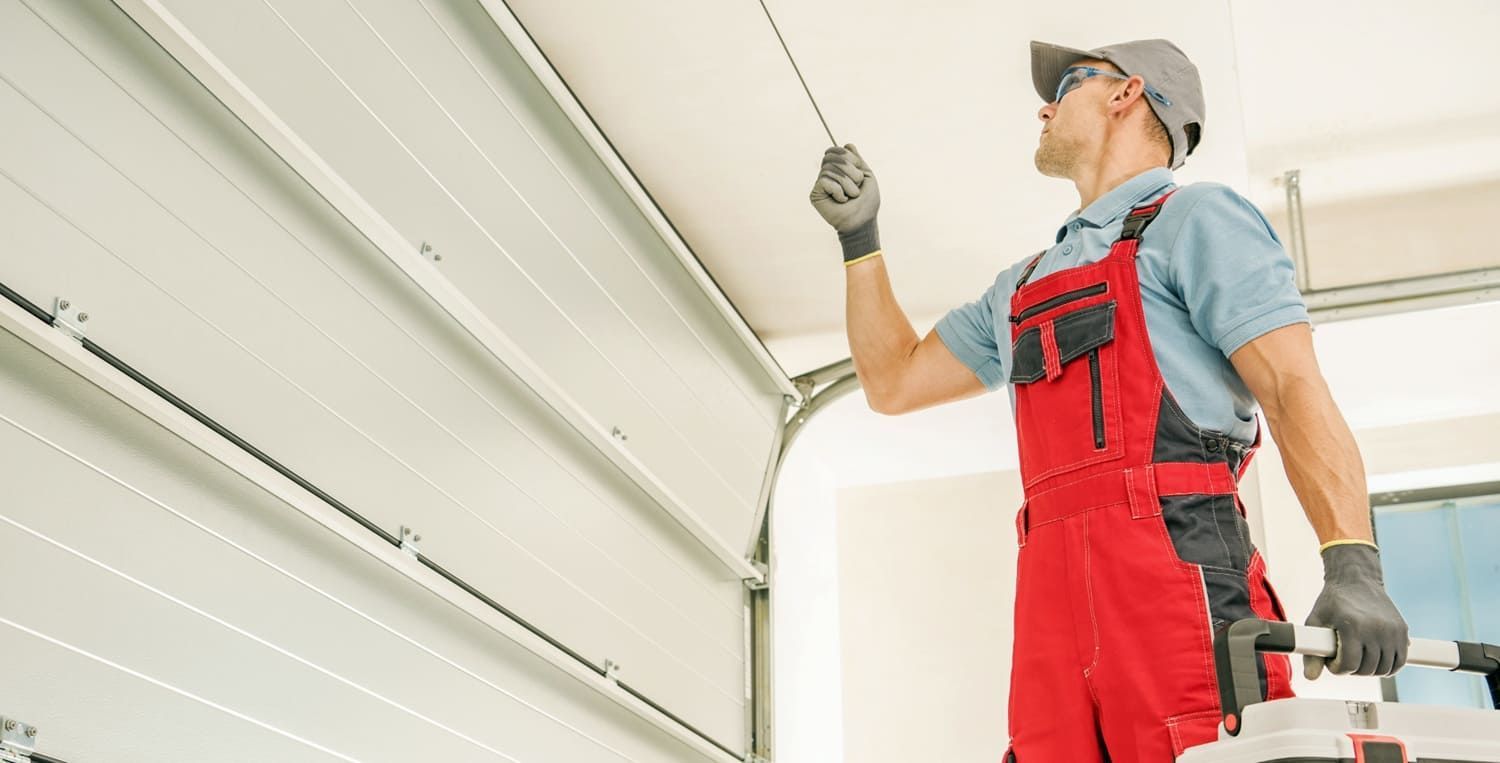Is Your Garage Door Making Noise? Here’s What It Could Mean
Ever find yourself cringing at the strange noises your garage door makes? It’s not just you. Whether it’s a squeal, a grind, or a clunk, these sounds can be annoying and, frankly, a little worrying. But don’t fret too much. Often, these noises are just your garage door’s way of telling you it needs a little TLC. From lubrication to checking for loose parts, there are simple fixes you can try. However, some sounds might mean it’s time to call in the pros for any repair or
installation needs. Let’s break down what those weird noises could mean and what you can do about them.
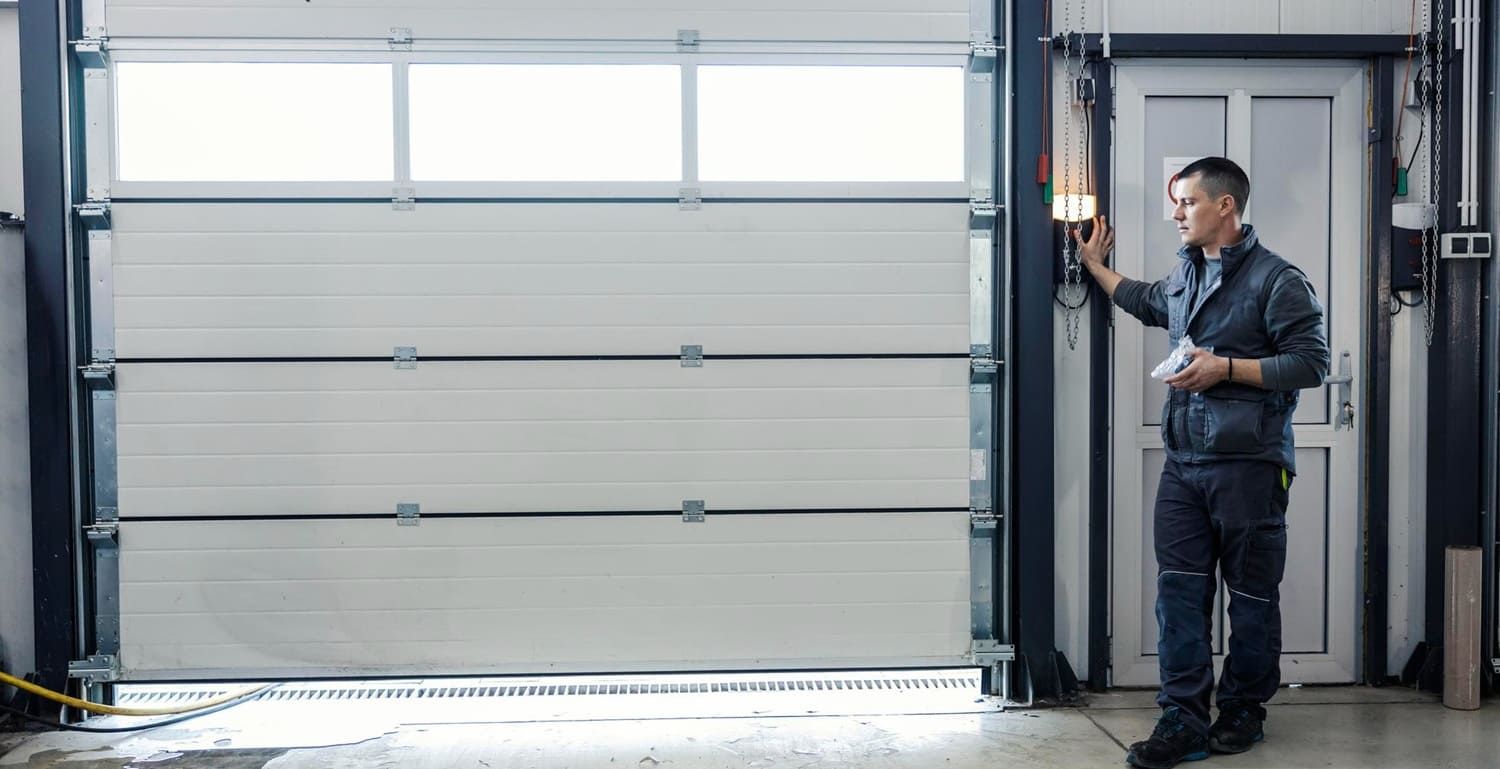
Key Takeaways
- Squealing sounds usually mean parts need lubrication.
- Grinding noises often come from worn rollers or hinges.
- Rattling might indicate loose nuts or bolts.
- Popping sounds can suggest broken springs, needing professional help.
- Regular maintenance can prevent many common garage door issues.
Common Garage Door Noises and Their Causes
Squealing Sounds Indicating Poor Lubrication
If your
garage door is squealing like a rusty hinge, it's probably begging for some TLC. Lack of lubrication is the usual suspect here. Over time, the moving parts like hinges, rollers, and springs can dry out, causing that high-pitched squeal every time you open or close the door. To fix this, grab a can of garage door lubricant and apply it generously to the affected parts. Regular lubrication can keep your door operating smoothly and quietly.
Grinding Noises from Worn Rollers
A grinding noise is never a good sign, especially if it sounds like metal on metal. This could mean your rollers are worn out or damaged. Metal rollers, in particular, are prone to this issue as they age. They might need some lubrication, or in worse cases, a complete replacement. Opting for nylon rollers can be a quieter, more durable solution. If you notice grinding, inspect the rollers closely and consider calling in a professional if you're unsure about their condition.
Rattling Sounds from Loose Components
Rattling noises can be nerve-wracking, especially when you're not sure what's causing them. Often, it's due to loose nuts, bolts, or other components that have come undone over time. The vibrations from the door's movement can loosen these parts, leading to that annoying rattle. To fix this, tighten any loose hardware you can find. If the rattling persists, it might be worth checking if the door is properly balanced or if there are any other underlying issues.
Understanding Squeaking and Scraping Noises
Identifying Weather Stripping Issues
If your garage door is making that annoying squeaky noise, the problem might be simpler than you think. Often, the culprit is the weather stripping. When it dries out, it can stick to the door, causing a squeak every time you open or close it. To fix this, check the weather stripping for dryness or cracks. If it looks worn out, it's time to replace it. Keeping it in good condition not only stops the noise but also helps with insulation.
Inspecting Rollers for Damage
Rollers are a key part of your garage door system, helping it move smoothly along the tracks. But when they get worn out, they can start to make a racket. Listen for any grinding or squealing sounds, which often indicate the rollers need attention. Inspect them for signs of wear or rust. If lubrication doesn’t help, consider replacing them, especially if they’re metal. Nylon rollers are a quieter alternative and don’t require as much maintenance.
Lubrication Techniques for Smooth Operation
Keeping your garage door well-lubricated is crucial to prevent those squeaky and scraping noises. Focus on lubricating the hinges, springs, and rollers. Use a petroleum-based lubricant for metal parts and a silicone-based one for PVC components. Regular lubrication every few months can keep your door running smoothly and quietly. It’s a simple task that can save you from bigger headaches down the road.
Regular maintenance, like lubrication and checking for worn parts, can keep your garage door operating smoothly, preventing annoying noises and potential damage. Taking a few minutes every few months to inspect and maintain your garage door can save you from costly repairs and extend its lifespan.
The Impact of Old Age on Garage Door Functionality
Signs of Wear in Garage Door Parts
As your garage door ages, it's bound to show signs of wear and tear. One of the first things you might notice is the rollers becoming noisy or even squeaky. These rollers, which help the door glide smoothly along its tracks, can start to rust or wear down over time. If you hear grinding or squealing sounds, it might be time to check them out. Rusty rollers not only make noise but can also affect the door's smooth operation.
Another sign of aging is the loosening of nuts and bolts. These small components hold everything together, and as they wear out, they can cause the door to rattle or vibrate. Regularly tightening these can help maintain the door's balance and alignment.
Importance of Regular Maintenance
Keeping up with regular maintenance can significantly extend the life of your garage door. It's not just about fixing problems as they arise but preventing them in the first place. Routine inspections can help catch issues early, like worn-out rollers or loose components, before they turn into bigger, more costly problems.
A simple maintenance checklist might include:
- Lubricating rollers, hinges, and springs every few months.
- Checking and tightening nuts and bolts.
- Inspecting the door balance and alignment.
How to Extend the Life of Your Garage Door
Extending the life of your garage door isn't just about maintenance; it's also about using the right products and techniques. For example, using a silicone-based lubricant can help reduce friction and prevent rust on metal parts.
Consider replacing older components with more durable materials. Steel rollers are strong but prone to rust, while nylon rollers offer a quieter operation and resist rust better.
Regular care and attention can keep your garage door running smoothly for years. Don't wait for a problem to arise before you act—stay proactive with your garage door care.
Diagnosing Grinding and Clunking Sounds
Common Causes of Grinding Noises
You might notice a grinding noise when your garage door opens or closes. This sound is often linked to worn-out rollers, particularly if they're metal. These rollers need regular lubrication, but if they're damaged, replacing them is the best option. Nylon rollers are a quieter alternative and require less maintenance. Besides rollers, check for misaligned tracks or shafts, as these can also cause grinding. Look for any metal shavings around these areas, which might indicate metal-on-metal contact.
Identifying Clunking from Torsion Springs
Clunking noises can be alarming, often hinting at issues with the torsion springs. These springs are under high tension and can be dangerous to handle. If you hear clunking, it might mean a spring is broken or malfunctioning.
Never attempt to fix torsion springs yourself. Instead, call a professional to assess and repair the problem safely.
When to Call a Professional for Repairs
Sometimes, diagnosing the problem isn’t enough, and you need to bring in a pro. If your garage door is making persistent grinding or clunking noises, or if you notice any broken parts, it's time to call for help. A professional can not only fix the immediate issue but also inspect for other potential problems, ensuring your garage door operates smoothly and safely.
Ignoring strange noises from your garage door can lead to bigger problems down the line. Regular maintenance and timely repairs can save you from costly replacements.
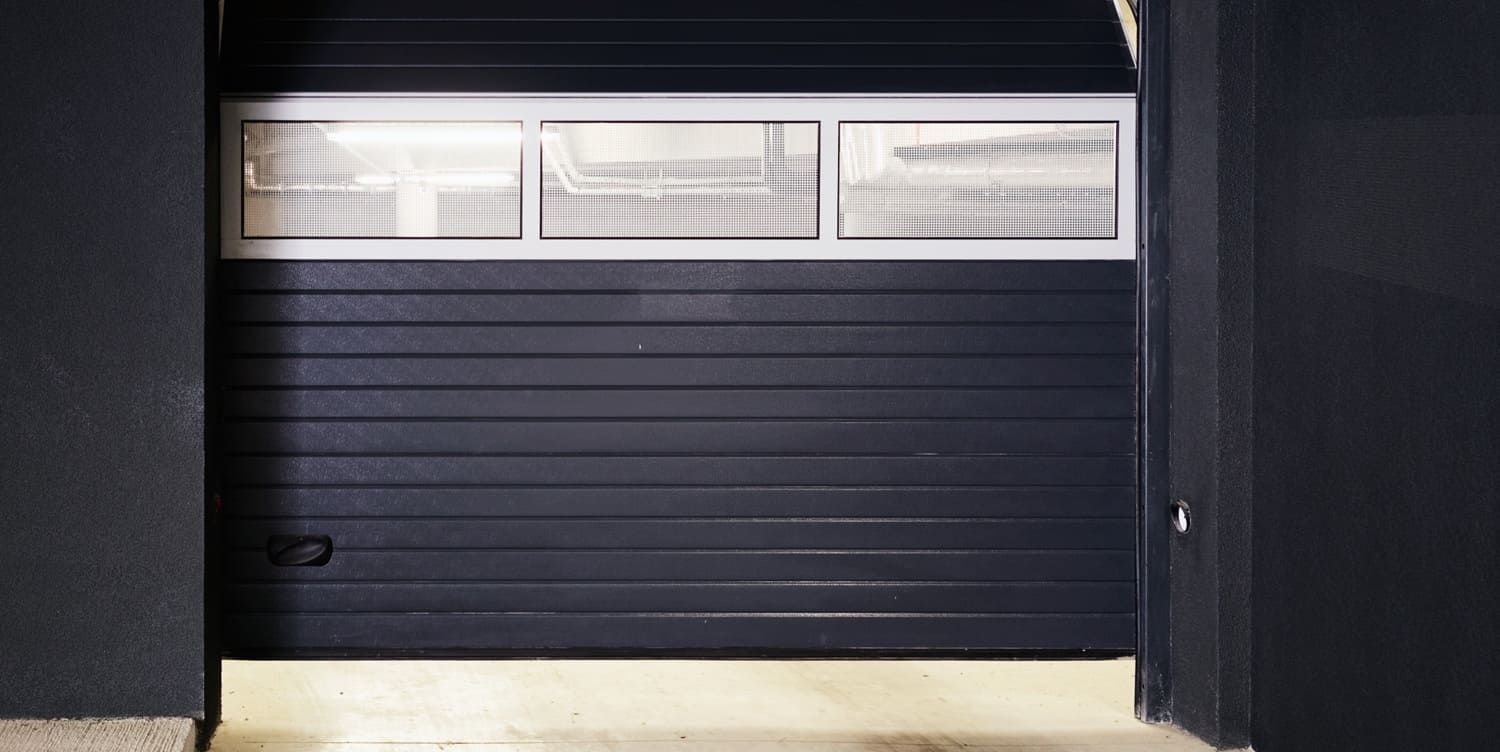
Addressing Vibrating and Slapping Noises
Loose Nuts and Bolts as a Source of Vibration
Ever heard that annoying vibrating sound when your garage door is in motion? Often, it’s just loose nuts and bolts. Over time, the constant movement can loosen these fasteners, causing vibrations. Here’s a simple fix:
- Inspect Regularly: Make it a habit to check the nuts and bolts every few months.
- Tighten Carefully: Use a wrench to tighten them, but don’t overdo it.
- Replace if Needed: If a bolt or nut is stripped, replace it to ensure a snug fit.
Understanding Slapping Sounds from Chains
A slapping noise can be alarming, but it’s usually a sign that your chain is too loose. When the chain isn’t tight enough, it can hit the opener, creating that loud slap. To fix this:
- Check the Tension: Look at the chain when the door is closed. It should sag slightly, but not too much.
- Adjust the Chain: Use the adjustment bolt to tighten or loosen the chain as needed.
- Lubricate: Apply a little grease to keep it running smoothly.
Preventive Measures to Reduce Noise
Nobody likes a noisy garage door. Here are some tips to keep things quiet:
- Regular Lubrication: Lubricate the moving parts like rollers and hinges to minimize friction.
- Install Rubber Buffers: These can absorb vibrations and reduce noise.
- Routine Maintenance: Schedule regular check-ups to catch issues before they become big problems.
Keeping your garage door well-maintained not only reduces noise but also extends its lifespan. A little effort goes a long way in maintaining peace and quiet in your home.
Recognizing Dangerous Garage Door Issues
Popping Sounds Indicating Broken Springs
When you hear a loud popping sound coming from your garage door, it’s often a sign that one of the springs has broken. These springs are under a lot of tension and are crucial for the operation of your garage door. If one snaps, it can be quite dangerous and should be repaired immediately. If you suspect a broken spring, avoid using the door and call a professional to handle the repair.
Banging Noises from Unbalanced Doors
If your garage door makes a banging noise when opening or closing, it might be unbalanced. An unbalanced door can lead to uneven wear and tear on other components and may eventually cause the door to stop functioning altogether. You can test the balance by disconnecting the opener and manually lifting the door halfway. If it doesn’t stay in place, it’s time to call in an expert.
Clinking and Clunking from Defective Rollers
Rollers help guide your garage door smoothly along its tracks. If they become worn or damaged, you might hear clinking or clunking noises during operation. Defective rollers not only make your garage door noisy but can also lead to more severe issues if left unchecked. Regular inspection and timely replacement of worn rollers can prevent these problems and keep your door running smoothly.
It's easy to dismiss strange garage door noises as minor annoyances, but they often signal underlying issues that could compromise your safety. Addressing these sounds promptly can save you from more significant repairs down the line and ensure your garage door remains safe and functional.
Preventive Maintenance for Garage Door Issues
Keeping your garage door in top shape isn't just about avoiding annoying noises—it's about safety and longevity too. Regular maintenance can save you from unexpected repairs down the line. Here's how to keep things running smoothly:
Regular Lubrication Schedules
- Monthly Checks: Make it a habit to inspect your garage door every month. Listen for any unusual sounds and check for visible signs of wear.
- Lubricate Moving Parts: Use a silicone-based lubricant on the door's springs, rollers, and tracks. This helps reduce friction and prevents wear and tear.
- Avoid Over-Lubrication: Too much lubricant can attract dirt and grime, which can cause more harm than good.
Routine Inspections for Early Detection
- Visual Inspection: Look for any loose bolts or screws. Tighten them as needed to keep everything secure.
- Check the Balance: Disconnect the opener and manually lift the door halfway. If it stays put, your door is balanced. If not, you may need to adjust the springs.
- Test Safety Features: Make sure the auto-reverse feature is working. Place a roll of paper towels in the door's path and see if it reverses upon contact.
Choosing the Right Lubricants for Your Garage Door
- Silicone-Based Lubricants: Ideal for plastic and metal parts, as they don't attract dust and dirt.
- Petroleum-Based Oils: Use sparingly on metal parts only, as these can be messy and attract grime.
- Avoid WD-40: This common household product is not suitable for garage doors as it can strip away necessary oils.
Regular maintenance of your garage door isn't just about keeping it quiet—it's about ensuring it runs smoothly and safely. A little effort now can save you a lot of hassle later.
Wrapping It Up
So, there you have it. If your garage door's been making some odd noises, it's not something to ignore. Whether it's a simple fix like adding some lubricant or something more serious that needs a pro's touch, it's best to get on it sooner rather than later. A noisy garage door can be a sign of wear and tear or something more serious, and catching it early can save you a lot of hassle down the road.
At IDO GARAGE DOORS, we offer Professional Garage Door Services for Fort Myers, Cape Coral, and Southwest Florida. Our expert team is dedicated to diagnosing and resolving any issues with your garage door, ensuring it operates smoothly and quietly. Contact us today for a free estimate and let our trusted professionals take care of your garage door needs.
Remember, regular maintenance is key to keeping things running smoothly. So, next time you hear a squeak or a rattle, take a moment to check it out. Your garage door—and your ears—will thank you.
Frequently Asked Questions
Why is my garage door making a squealing noise?
A squealing noise usually means that your garage door needs some lubrication. Try applying some oil to the moving parts like the hinges and rollers.
What should I do if my garage door makes a banging sound?
A banging noise might mean your garage door is unbalanced or has a broken spring. It's best to call a professional to check it out.
How can I fix a rattling garage door?
Rattling sounds often come from loose nuts or bolts. Check them and tighten if needed. Just be careful not to over-tighten.
What causes a grinding noise in my garage door?
Grinding noises can be caused by worn-out rollers or a lack of lubrication. Inspect the rollers and apply some lubricant to see if it helps.
Why does my garage door vibrate when opening or closing?
Vibrations can be due to loose nuts and bolts or poorly lubricated parts. Check these areas and tighten or lubricate as necessary.
When should I call a professional for garage door noises?
If you hear popping or clunking sounds, it's a sign of serious issues like broken springs. It's best to call a professional immediately.
